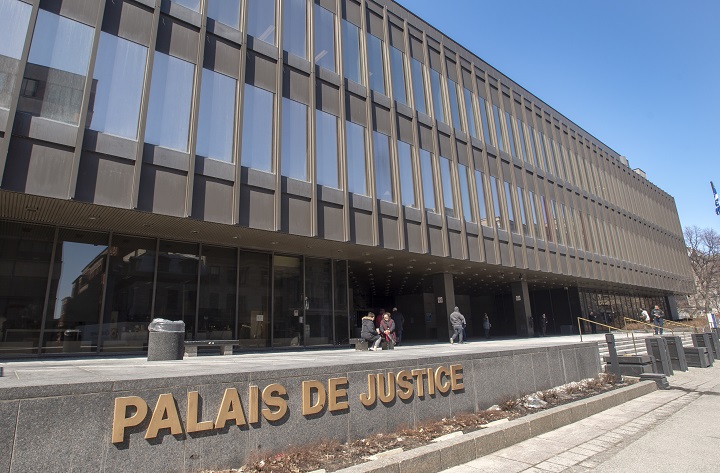For more than 50 years, two Innu families have been haunted by the question of whether their children actually died in a Quebec hospital and whether the coffins they were given really contained their child’s remains.

The two infant boys died within days of each other in May 1970 at the same Baie-Comeau, Que., hospital. In both cases, the families were told not to open the coffins after learning their children had died.
Those coffins are now scheduled to be opened for the first time after Quebec Superior Court Justice Nancy Bonsaint last week authorized the exhumation of the remains for DNA testing.
The director of a Quebec association that helps Indigenous families looking for answers about children who have died or disappeared said the decision will help the families find out the truth.
“The families aren’t sure it’s their child, because they never saw the child who was buried,” Françoise Ruperthouse of Awacak said in an interview Thursday. “When they received the casket, they were forbidden to look inside.”
The exhumations are the first to be authorized under a 2021 Quebec law intended to help Indigenous families learn more about the deaths and disappearances of their children in Quebec health-care and social service institutions. The identity of the boys and their families is protected by a publication ban.
One was four-months-old when he died. He was admitted to the hospital with whooping cough on May 14, 1970 and died 13 days later. His body was claimed by a mortician who told the family not to open the casket before the burial. According to the exhumation request, the coroner’s report on the boy’s death is incomplete and medical records are nonexistent.
A sworn statement by one of the boy’s sisters, who made the exhumation request along with her siblings, said the infant’s death and the questions around it haunted her mother, who died in January 2021.
“She blamed herself for not having accompanied her child to the hospital, for not being with him when he died. She felt so guilty for leaving her child,” the statement said. “All her life, my mother was overwhelmed by the feeling of not having acted. She was gnawed by shame and guilt and haunted by perpetual questions.”
The sister said she holds out hope that her brother could still be alive but is left with many questions of her own.
“Why couldn’t my mother go with him to the hospital? Why didn’t the doctor and the funeral home let her see his body? Why are the medical documents surrounding his death incomplete or non-existent? Why did my mother have to suffer all those years because her and her son were treated differently because they were Indigenous?” the sister asked in the statement.
The other boy was one month old when he contracted whooping cough. He was hospitalized May 6 and died two days later at the Hôtel-Dieu de Hauterive hospital. The family was given a coffin that day and instructed by a doctor not to open it. The burial took place the following day, and court filings say the boy’s medical files no longer exist.
The Quebec government will pay for both exhumations and the province’s coroner will conduct DNA testing on the remains. Ruperthouse said her organization is currently helping families look into almost 150 deaths and disappearances in Quebec institutions.











Comments